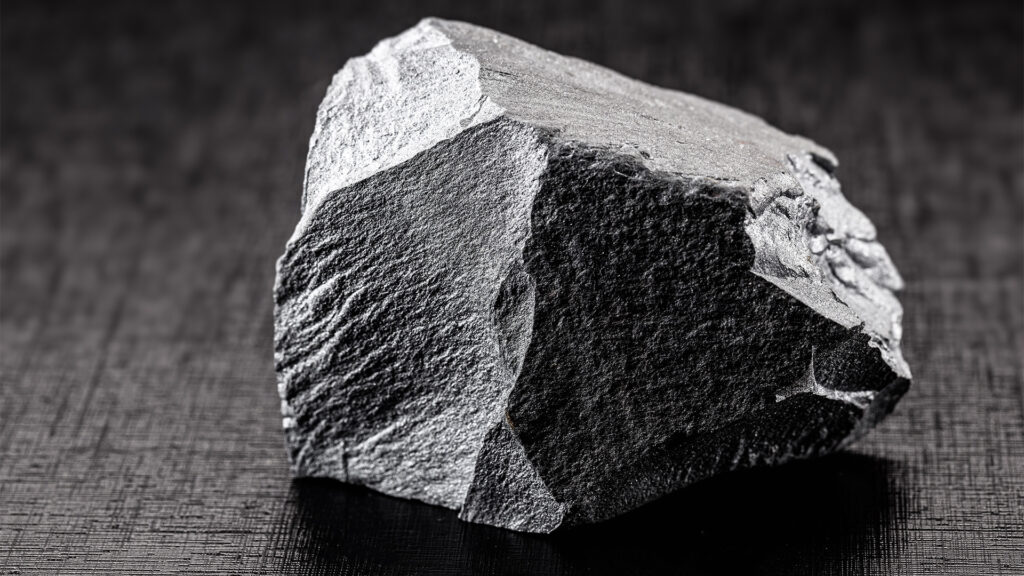Iron ore futures prices continued their downward trajectory on Thursday, impacted by robust global supply and persistent weakness in China’s steel market. Despite indications of potential monetary stimulus, losses were only partially mitigated.
The September iron ore contract on the Dalian Commodity Exchange (DCE) fell for the fifth consecutive session, ending daytime trading at 764.5 yuan (US$105.50) per metric ton, a decrease of 1.55%.
Similarly, the benchmark August iron ore contract on the Singapore Exchange dropped below the critical level of US$100 per ton, falling 1.14% to US$99.75 per ton by the close of trading yesterday.
In China, regional steel trading associations are advocating for a delay in new quality standards for steel rebar used in construction, following a recent wave of panic-driven inventory sell-offs that has pressured the ferrous market.
Steel benchmarks on the Shanghai Futures Exchange also showed weakness. Rebar and stainless steel prices fell by more than 2%, hot-rolled coil prices decreased by over 1.7%, and wire rod prices plummeted nearly 4.5%.
Atilla Widnell, managing director at Navigate Commodities, commented on the situation, noting that the anticipated positive impact of financial market trading on China’s industrial metals complex has been “crushingly disappointing” following the third plenum’s failure to meet stimulus expectations. He further highlighted concerning data from China, including a contraction in floor space under construction, completions, and property prices, which suggests that government efforts to address excess housing inventories have had limited success.
On a brighter note, Australian mining company Fortescue forecast increased iron ore shipments for fiscal 2025 and reported a 24% sequential rise in shipments for the fourth quarter.
Iron ore prices managed to recover somewhat after the People’s Bank of China conducted an unscheduled lending operation at significantly lower rates, signaling a potential increase in monetary stimulus.
Additionally, other steelmaking ingredients on the DCE experienced losses, with coking coal and coke prices dropping by 1.24% and 1.95%, respectively.

